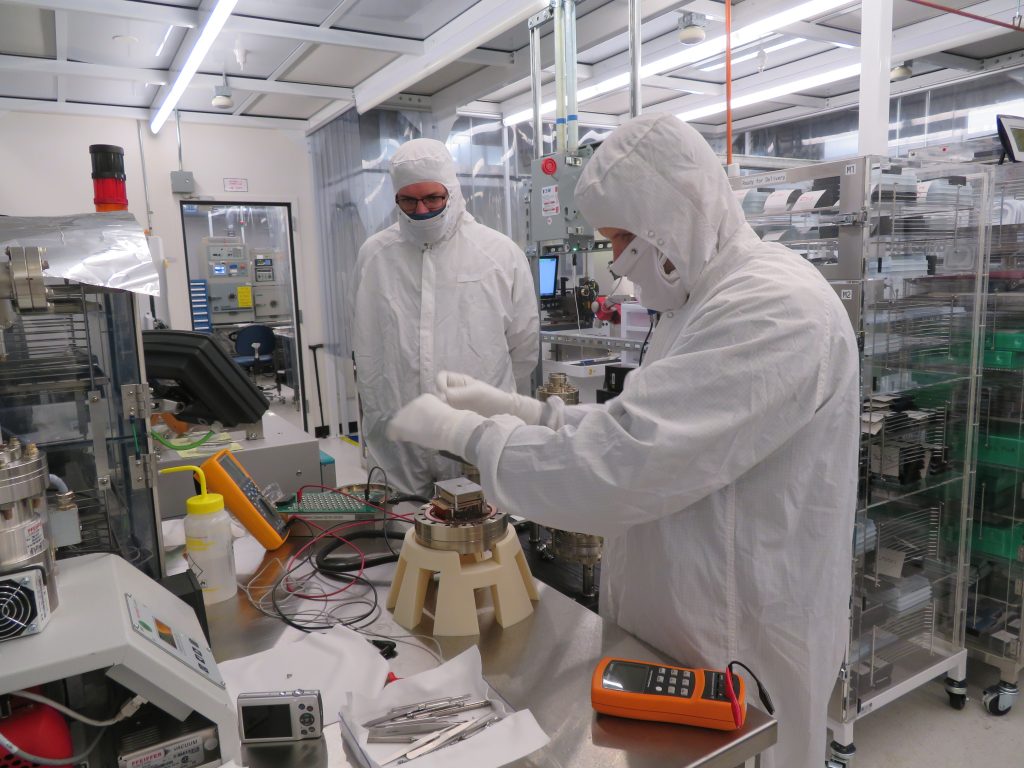Realizing the full potential of quantum information science requires a detailed understanding of how quantum components and systems behave and precise control of the corresponding structures and functionalities. Numerous questions remain, ranging from how quantum interactions may enable innovation through the creation of novel quantum systems, to how these new quantum technologies can advance our understanding of the natural world at the most fundamental levels.
The centers push state-of-the-art science and technology toward realizing the full potential of quantum-based applications, including computing, communication, and sensing. Each center attacks a major cross-cutting challenge in the field of QIS.
The centers’ work spans basic research, engineering and technology development with opportunities to transition those technologies to industrial development and the marketplace. The centers support multi-disciplinary research and development focused on the scientific barriers to enable new generations of quantum-enabled devices, systems, and prototypes across a range of applications. The Centers advance highly promising areas of quantum information science and technology from their early stages of research to the point that the risk level will be low enough for further development by industry and successful deployment of new technologies into the marketplace.
Explore the six major technical areas advanced by the centers below.

Materials for Quantum Devices
Demonstrating scalable quantum systems requires significantly improving error rates compared to what is achievable with existing quantum platforms. As the presence of defects, impurities, interfaces, and surfaces in the constituent materials represents a critical source of these errors, researchers at NQI centers are actively exploring new fabrication, synthesis, characterization, and measurement techniques for designing high-performance materials and devices.
Read more
These include the development of novel materials and compounds based on computational and experimental predictions that are specifically engineered for applications in sensing, computing, and communication. They also include refinement of existing materials with studies focused on understanding and mitigating sources of disorder, down to the atomic scale, that limit device performance and reliability.
Quantum Devices and Integration
The NQI centers are on a mission to revolutionize computing by developing next-generation quantum hardware to address some of the most challenging scientific problems and unlock entirely new real-world applications. To achieve this ambitious goal, they are pushing boundaries of quantum hardware by enhancing qubit coherence and fidelity and developing novel types of qubits. Innovative control methods are being developed to more precisely and efficiently manipulate these quantum systems.
Read more
But the NQI centers are also venturing beyond traditional qubit architectures, investigating new approaches like qudit-based systems utilizing higher dimensional quantum states.
Furthermore, the integration of different quantum technologies into hybrid platforms is being pursued to capitalize on the strengths of different systems.
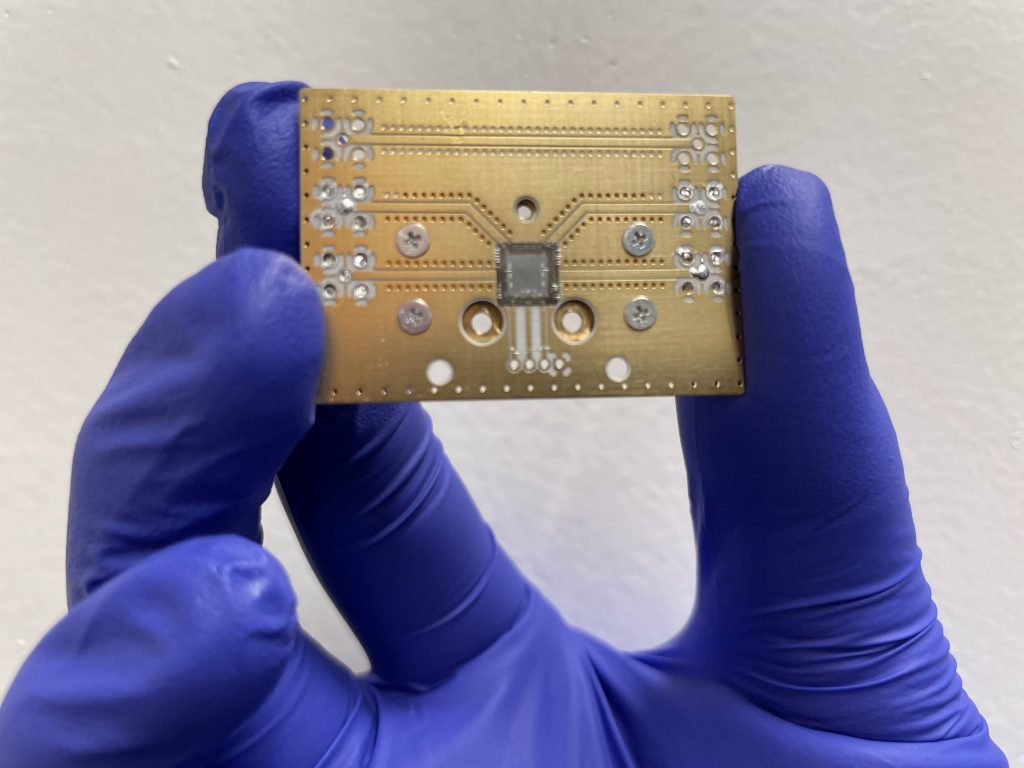
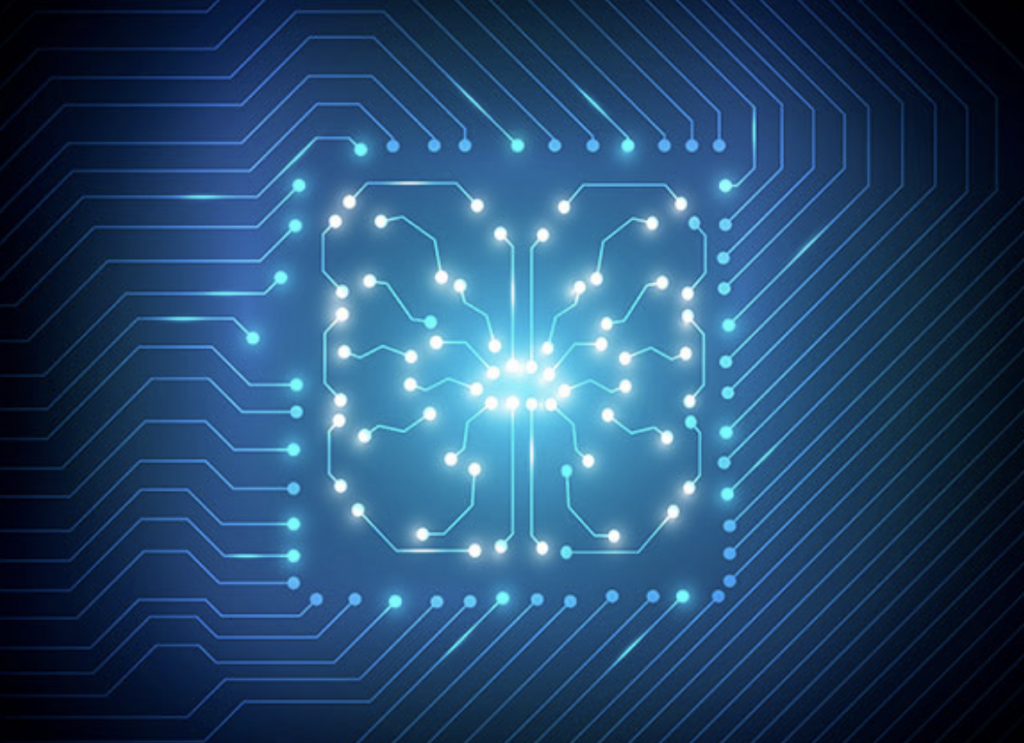
Quantum Algorithms & Simulations
NQI centers are leading the charge to employ quantum computation for useful tasks. With practical large-scale quantum computers, researchers hope to design new catalysts to synthesize chemicals such as new drug molecules. Further, the possibility exists to efficiently solve complex optimization problems—including logistics, traffic congestion, and fraud detection—as well as fundamental science questions in condensed matter, nuclear physics, high-energy physics, and other fields.
Read more
Researchers are tailoring algorithms to efficiently process data on novel quantum devices while exploring commercial quantum platforms and evaluating different hardware’s computational capabilities at quantum testbeds.
To further enhance the control of quantum devices, scientists perform simulations using open-source tools that model quantum systems with classical high-performance computing. Recognizing the fundamentally different nature of quantum computers, efforts are underway to develop software architecture tailored to exploit the latest hardware advancements and unlock the processing power promised by quantum computers.
Quantum Sensing
The National QIS Research Centers are developing quantum devices with unprecedented sensitivity. Such devices are able to detect individual photons and to subvert the standard quantum limit of detection. This results in detectors with improved resolution (energy, spatial and temporal), lower energy detection thresholds, and lower noise. The NQI centers are applying these sensors to fundamental physics searches, real-world applications, and are also looking into innovative ways to integrate the sensors into larger quantum systems.
Read more
In the field of fundamental physics searches, quantum sensors can be leveraged to increase the sensitivity of experiments looking for dark matter candidates and beyond the Standard Model particles (such as dark photons and axions for example).
Quantum sensors can also be employed to push the limits of quantum entanglement and study the properties of such complex systems. Quantum sensing benefits from the advances achieved in the other thrusts of the NQI centers, and further motivates the development of sophisticated devices, control techniques, and measuring algorithms.
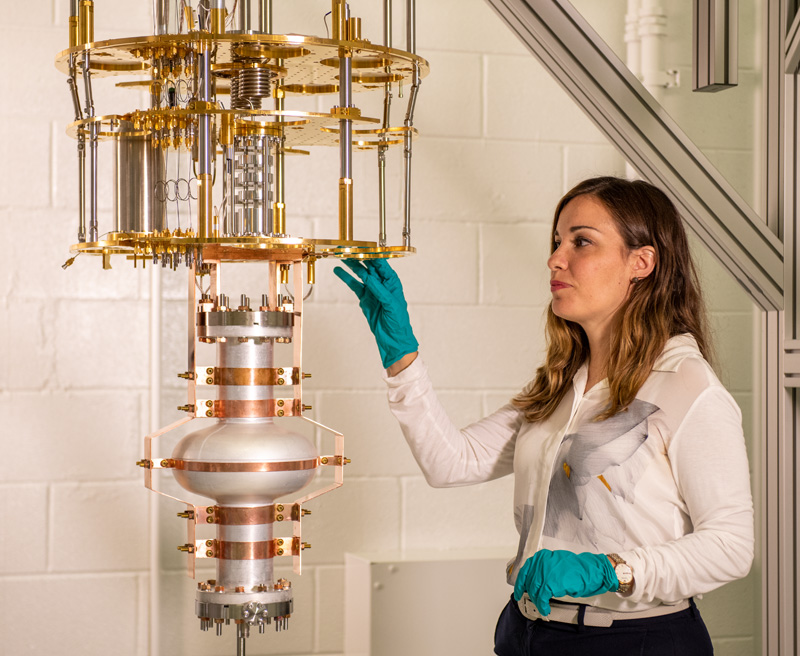
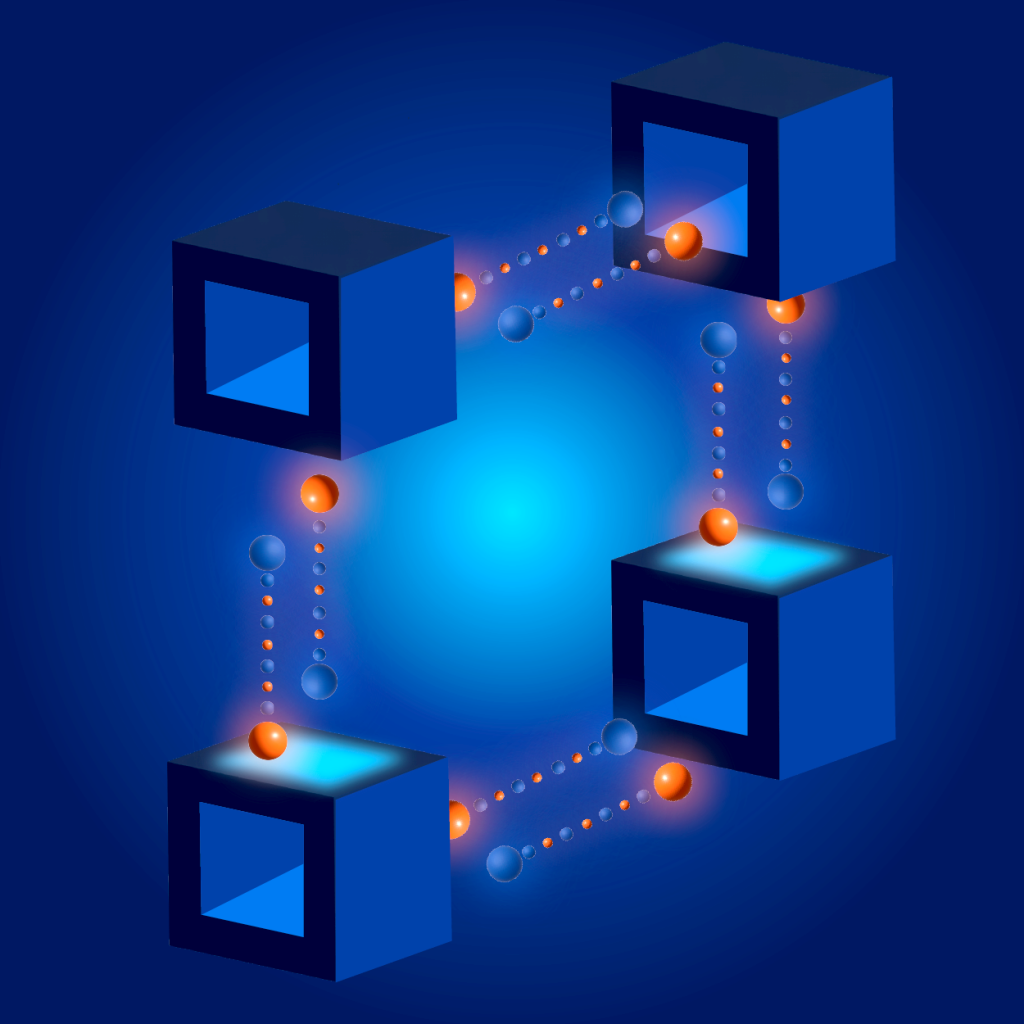
Quantum Communication
The NQI research centers are leading efforts in quantum communications, focused on enhancing quantum communication capabilities over extended distances and developing quantum interconnects for modular quantum computing, quantum sensing and secure information transfer between diverse devices and systems. These efforts involve advancing quantum materials, devices, protocols and simulation tools to overcome transmission losses and enable secure communication links and sensor networks.
Read more
Additionally, the centers are developing optical-fiber networks that utilize quantum entanglement for long-distance signal transmission, incorporating quantum repeaters to maintain signal integrity over extended spans. Harnessing entanglement and teleportation techniques, the centers are advancing microwave and photonic quantum networks enabled by low-loss interconnects, high-performance coupler devices, and transduction technologies. Key components such as entanglement photon pair sources, transducers, detectors, and protocols are being refined to create robust, high-fidelity and scalable quantum networks essential for future quantum information tasks.
Quantum Foundries
In order to enable groundbreaking research across the major technical areas, the NQI centers have both capitalized on existing infrastructure and have established a number of a brand-new quantum foundries. These include foundries dedicated to the synthesis and development of high-quality, standardized quantum materials with atomic precision. In many cases, they also enable the fabrication, integration, and packaging of a variety of qubit systems, such as photon, superconducting, and spin.
Read more
Finally, the NQI centers have developed several foundries across the nation containing advanced instrumentation and tools for testing the performance and reliability of quantum platforms. Together, these resources provide clear pathways to accelerate progress across the centers and in national QIS research. They enable large-scale, multidisciplinary experiments that bring together experiments from a wide variety of subject areas, spanning from materials science to condensed matter physics to quantum physics. They also serve as unique training grounds for educating and preparing the next generation of scientists and engineers who are interested in working in the field of QIS.
